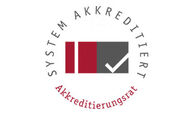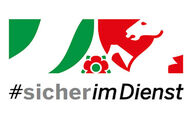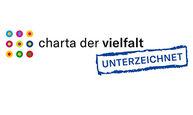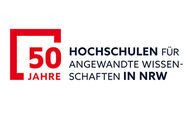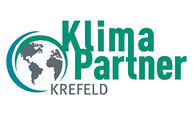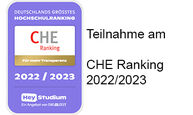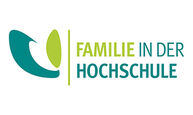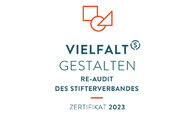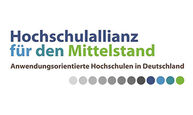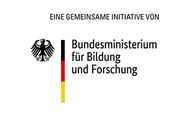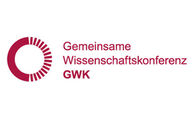The Krefeld lecture series in the winter semester 2025/2026 will take place on six Tuesdays in autumn, from 1700 - 1830, in the Future Work Lab, Petersstraße 124, Krefeld:
This year's lecture series offers a multidisciplinary approach to the multi-layered understanding of borders.
28.10. Erik Schmid
Of spaces and borders
An introduction to the cultural phenomenon of borders
Borders are part of our experience of reality, they exist and are made at the same time, they can be built, reinforced, laid down; with heads, words, excavators, bridges and hands.
Prof. Dr Erik Schmid is curator of the Krefeld lecture series, design theorist and Dean of the Faculty of Design at The Hochschule Niederrhein.
4.11. Charlotte Finzel
Boundaries in gender relations:
Boundaries between the sexes are opening up and pluralising - and yet sexualised violence continues to increase. It is becoming clear how boundaries are being shifted, crossed and become effective on an individual, structural and societal level. How can design and communication make these dynamics tangible and power structures visible?
Charlotte Finzel, B.A., is a Master's student and designkrefeld graduate. She dealt with the topic as a communication task in her Bachelor's thesis.
11.11. Andris Breitling
Translation - a borderline case of communication between languages and cultures
The problem of the limits of translation or the untranslatability of linguistic utterances, words or texts that express different cultural views of the world is the subject of controversial debate in philosophy, literature and translation studies. Translation practice as a borderline case of understanding shows how a constructive dialogue between members of different linguistic and cultural communities can succeed.
Prof. Dr Andris Breitling is Professor of Ethics, Social Philosophy and Cultural Theory at The Hochschule Niederrhein, his core research areas are: Philosophy of language, history, culture; narrative theory and theories of translation.
18.11. Nora Gummert-Hauser
Shifting Borders - The almost forgotten European border shift
What does a designer have to do with the Polish-German border shift? Not much at first, except for the fact that her great-grandparents on her father's side lived on a farm in Silesia. And the fact that she stumbled across the German language in the form of ghost signs during a visit to Poland in 2012. "Ghost Signs" stands for old façade advertising that has survived the decades on house walls. She will tell you what developed from this during her research semester.
Prof Nora Gummert-Hauser is a communication designer, was Professor of Typography and Editorial Design and Dean at The Hochschule Niederrhein. She lives and works in Krefeld.
25.11. Jessica Frieß
Boundaries in science - between curiosity, failure and progress
Research is not just about creating knowledge - it is above all about pushing and breaking boundaries: of understanding, of imagination, of what is possible. Which limits are natural, which are resource-dependent or ethical? And how do we recognise, measure and evaluate research achievements and the pushing of boundaries? This lecture is about the interplay between the thirst for knowledge and obstacles: What drives research - and what limits it?
Dr Jessica Frieß from the Research and Innovation department at Niederhrin University of Applied Sciences is a materials scientist who has made the journey from the factory floor to science management.
2.12 Lea Bönisch
The limits of political representation - a stocktaking
Representation means making something visible that is not present. In a representative democracy such as Germany's, the concerns of people who do not sit in parliament themselves can also flow into political processes. But what does this mean in practical application? Whose voices are heard and which remain silent? And what are the limits of political representation today, for example on issues of social justice or migration?
Dr Lea Bönisch is a sub-project manager in the #Digitalkompetenz.nrw project funded by the Ministry of Culture and Science NRW at Hochschule Niederrhein. She previously completed a doctorate in comparative politics and researched why members of parliament are committed to the interests of sexual minorities.



